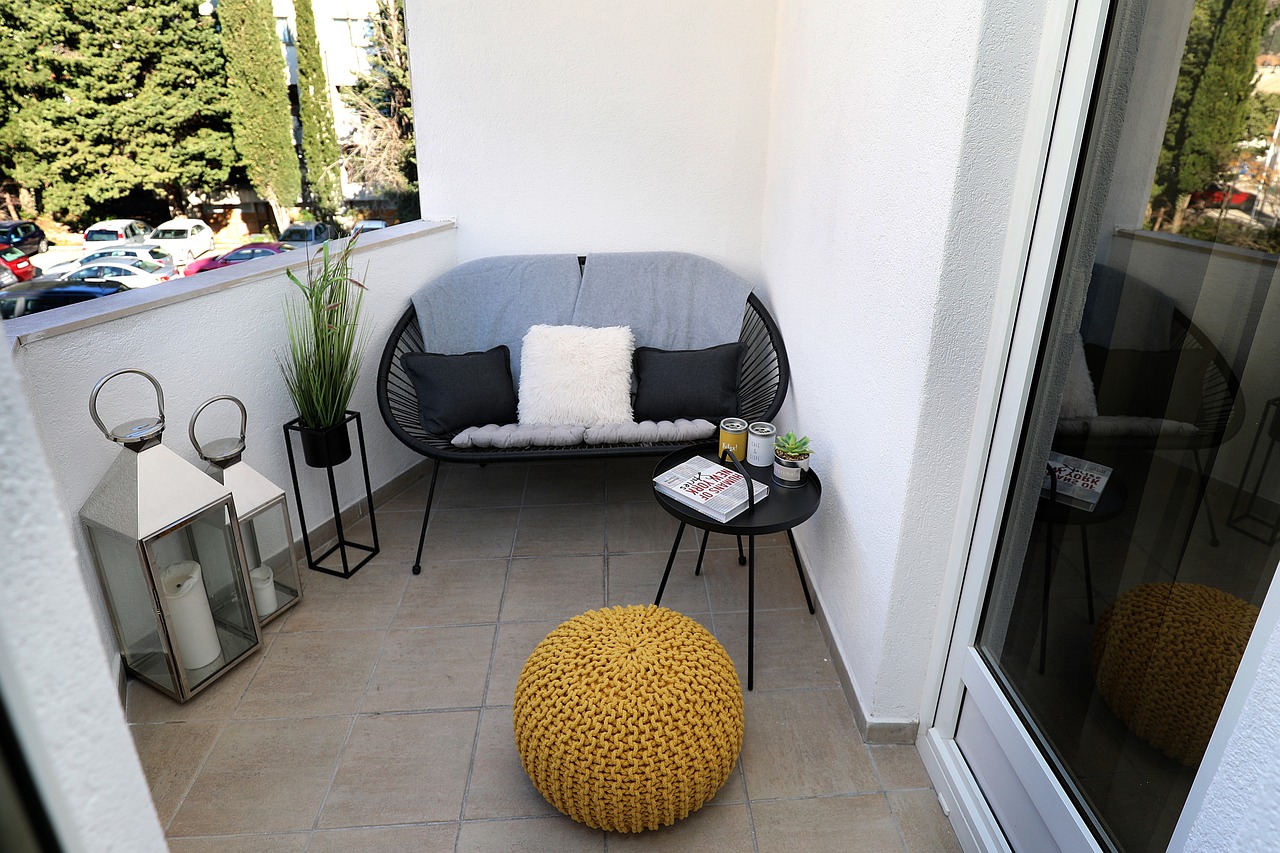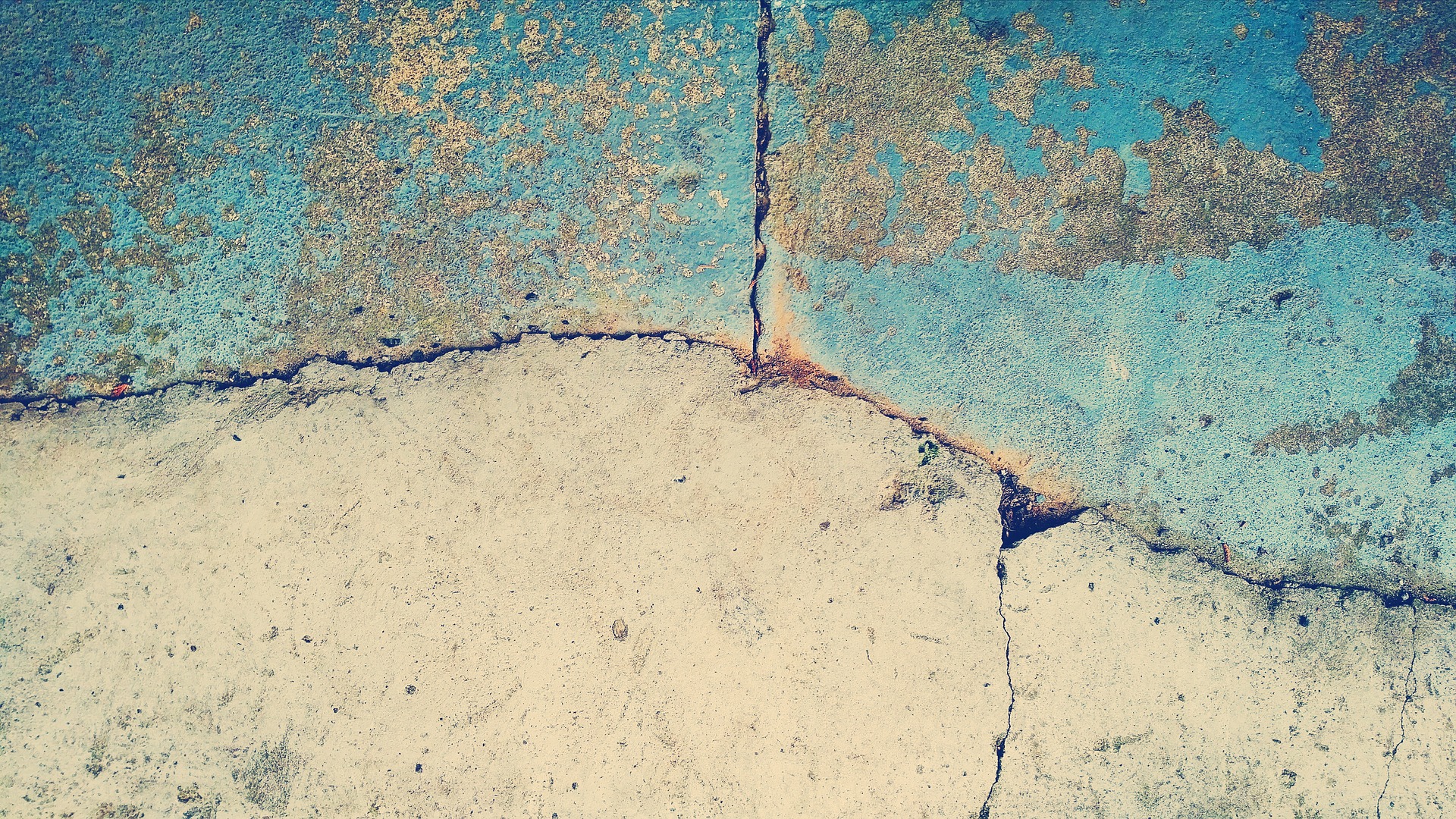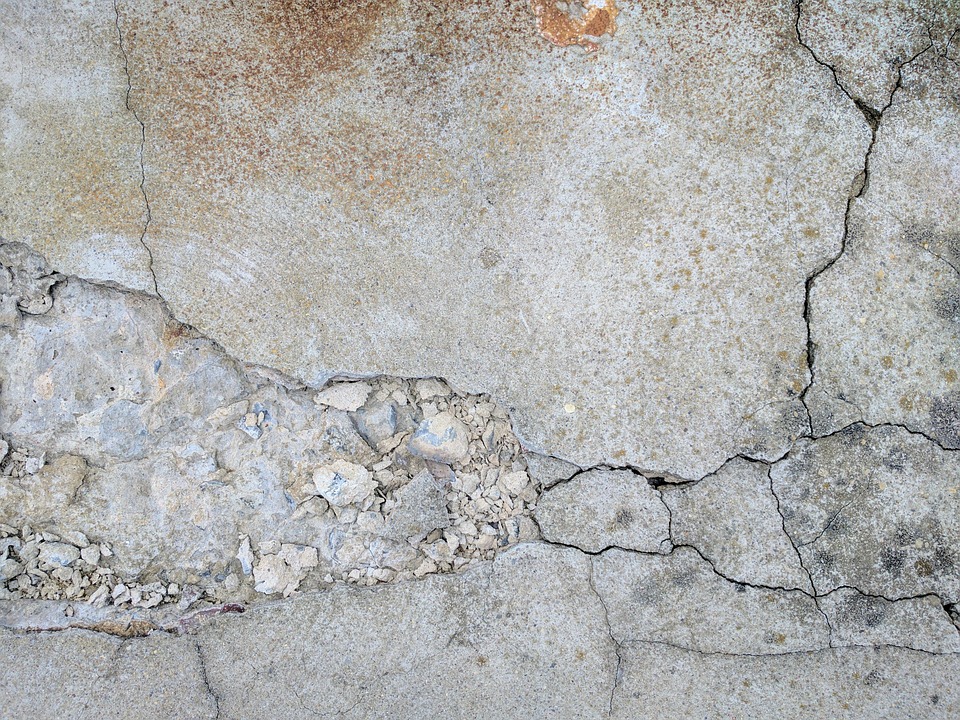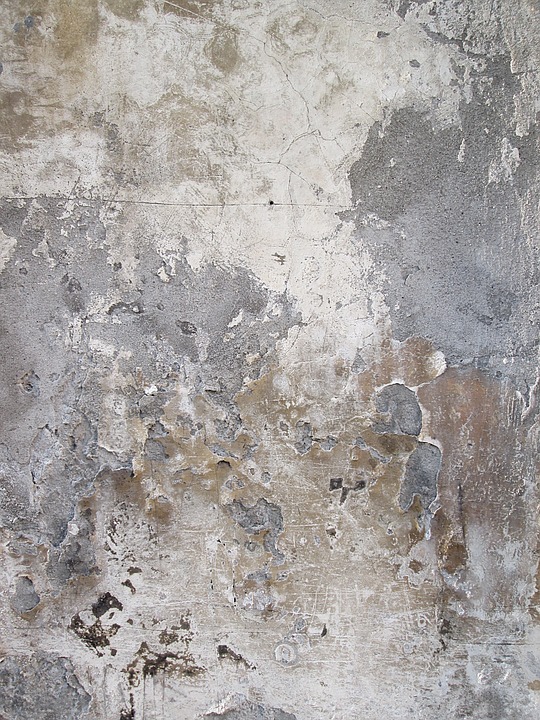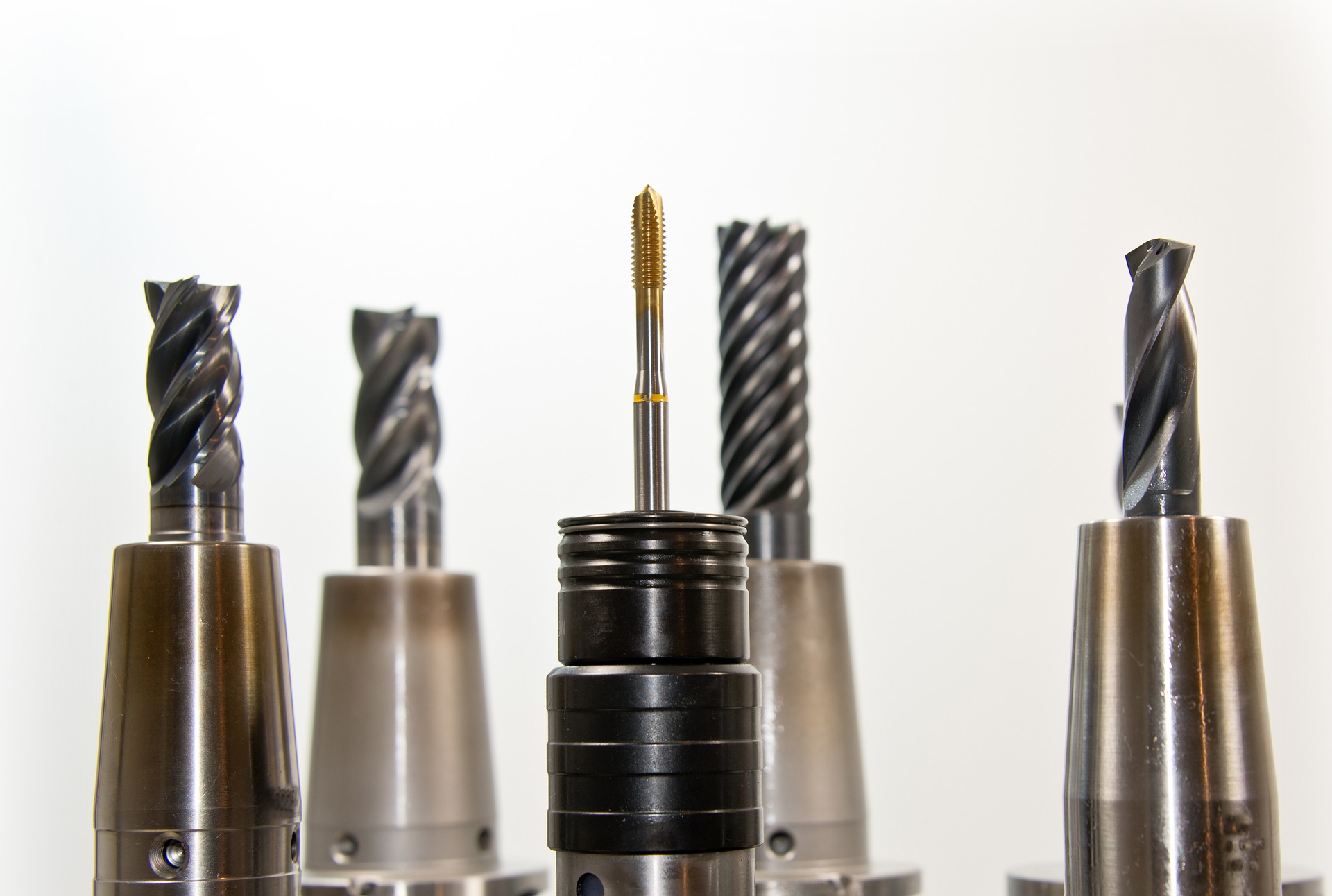What is concrete cancer? How do you know if your concrete has it? What should you do if you think your concrete might have cancer? In this blog post, we will answer all of those questions and more. We will also provide a few tips on how to prevent concrete cancer from occurring in the first place. If you are concerned about concrete cancer in Brisbane, make sure to read this post.
Concrete cancer is a type of concrete deterioration that is caused by water infiltration and corrosion of the steel reinforcement bars. This can cause the concrete to crack, spall, and eventually crumble. While this is not typically life-threatening, it can be very costly to repair.
There are a few signs that you can look for to see if your concrete might have cancer:
- Cracks in the concrete: These cracks can be either small and hairline or large and easily visible. They are usually more prevalent near doors, windows, or other openings where water can enter.
- Spalling: This is when the surface of the concrete begins to flake off in small pieces.
- Deterioration of the concrete: You may notice that the concrete begins to look weak and crumbly.
If you think that your concrete might have cancer, it is important to have it inspected by a professional as soon as possible. They will be able to confirm whether or not this is present and recommend the best course of action. Left untreated, it can cause serious damage to your home or building. Don’t wait to get it checked out.
How do you prevent it?
The best way to prevent this is by ensuring that your concrete is of good quality and has been installed correctly. If you have concrete installed, make sure to use a reputable contractor who will use high-quality materials. Once your concrete is installed, it is also important to keep an eye on it and repair any cracks or damage as soon as possible. Taking these steps can help ensure that your concrete will last for many years.
If you think that your concrete might have cancer, don’t hesitate to contact a professional for an inspection. Early detection is key to preventing serious damage. With the right care, your concrete can last many years.
How do you take care of it?
Here are a few tips:
- Inspect concrete regularly for cracks or other damage
- Repair any damage as soon as possible
- Use high-quality concrete and materials
- Contact a professional if you think there may be a problem
By following these tips, you can help prevent it. If you have any questions, don’t hesitate to contact a professional. They will be able to help you determine if your concrete is at risk and what steps you can take to prevent further damage.
For more information on concrete cancer Brisbane, check online.

